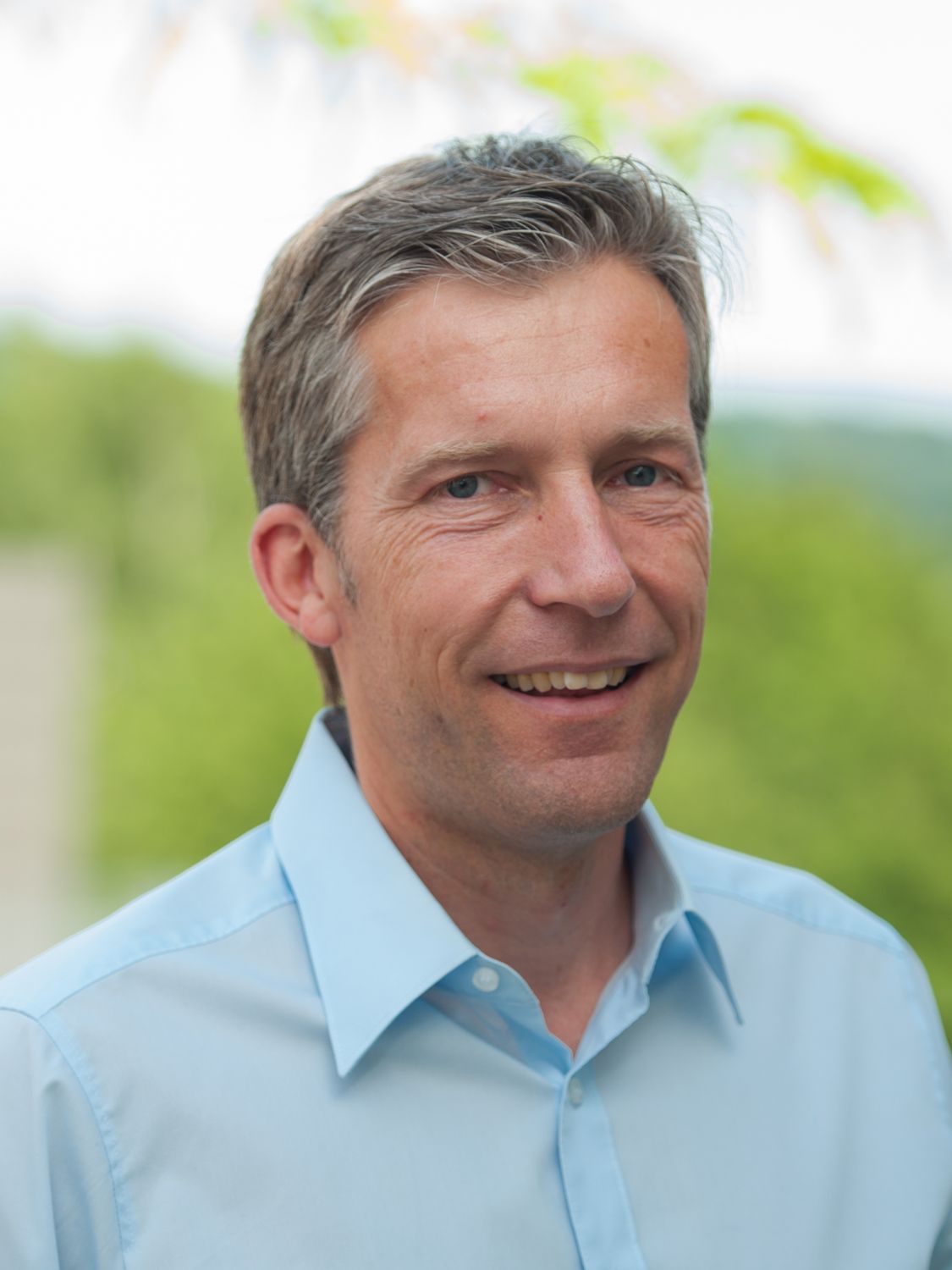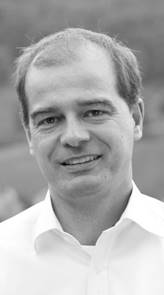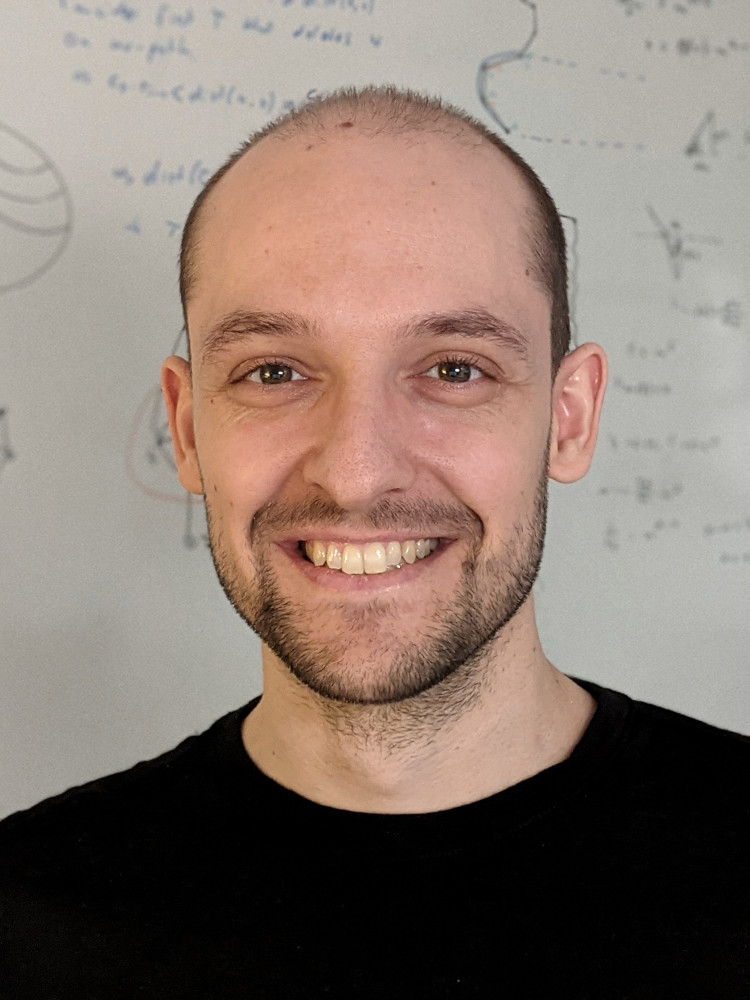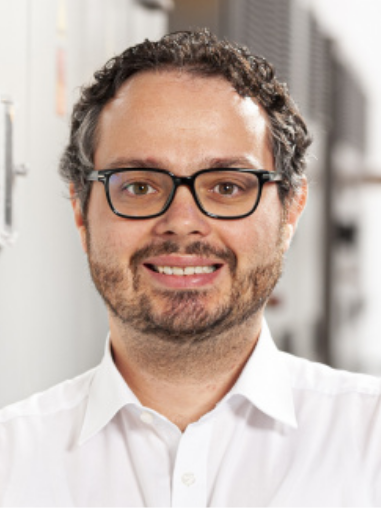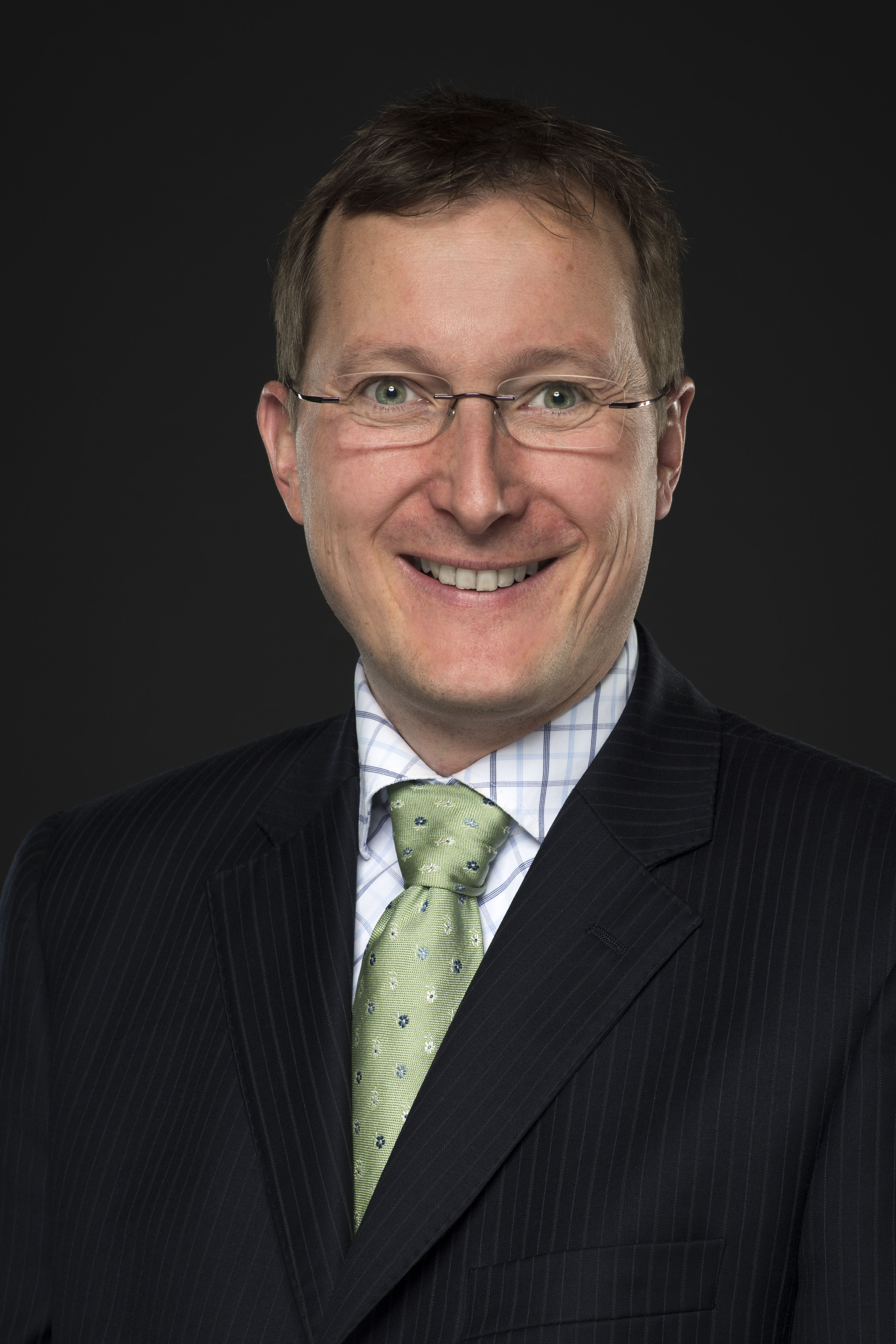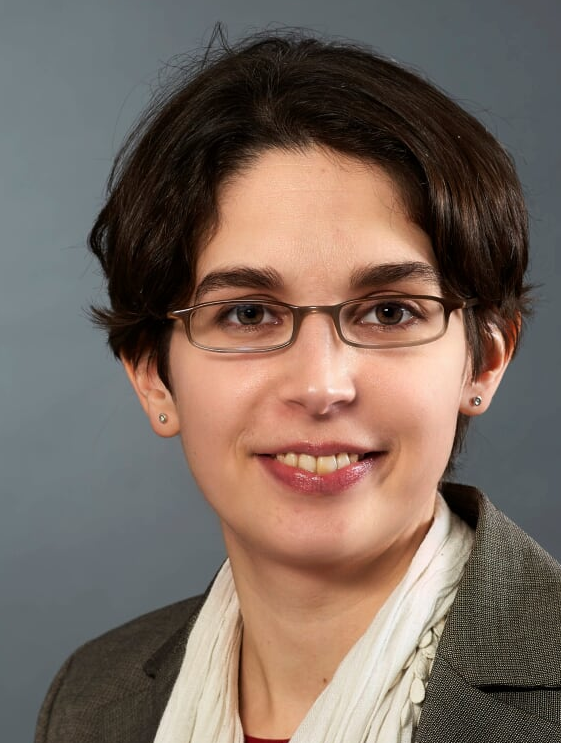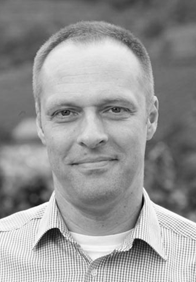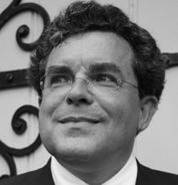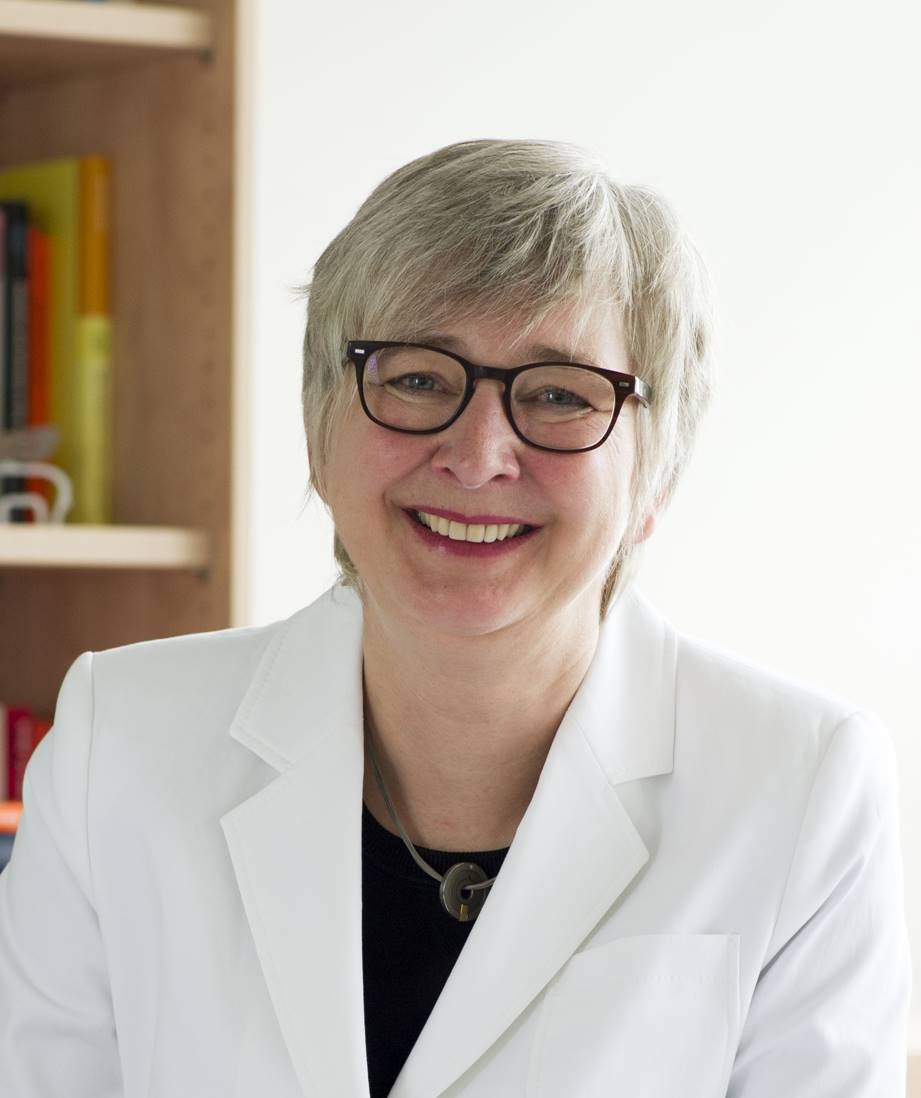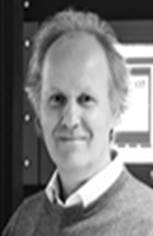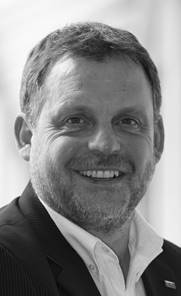Faculty participating in the 2nd funding period
|
|
Prof. Dr. Klemens Böhm I hold the chair of Databases and Information Systems at KIT. Within the Research Training Group, a core research interest of mine is how the data gathered in energy systems (e.g., in a power station or in an industrial plant as an energy consumer) can be analyzed to make these systems more efficient, flexible or resilient. If the new approaches respect privacy at the same time whenever necessary, this is even better. For instance, a PhD student could take high-dimensional data describing the actual behavior of an energy system and propose methods that identify deviations from its predicted behavior at the right level of abstraction. Or, if such data comes in the form of streams, it would be important to know the main correlations between its various dimensions, and a PhD student could design respective methods. PhD students working with me closely ideally do not only produce results that advance the state-of-the-art in computer science and have good publications at selective venues, but also seriously engage in interactions with individuals from other disciplines, in order to ensure that your results really help to arrive at better energy systems.
Please see http://dbis.ipd.kit.edu/2266.php or http://dbis.ipd.kit.edu/2246.php for examples of publications that are related to the Research Training Group content-wise, http://dbis.ipd.kit.edu/innovations.php for a brief writeup of some innovations coming from my chair, and http://dbis.ipd.kit.edu/english/index.php for a general overview. |
|
|
Prof. Dr. Wolf Fichtner Deputy Speaker of the Research Training Group Institute for Industrial Production (IIP) I studied Industrial Engineering and Management at the Universität Karlsruhe (TH) (University of Karlsruhe). In 1998, I received a Ph.D. in Economics from the Department of Economics and Management of the University of Karlsruhe. From 1999 to 2004, I was head of the research group Energy and the Environment of the Institute for Industrial Production (IIP) and the French-German Institute for Environmental Research, University of Karlsruhe. With my Habilitation in 2004 at the University of Karlsruhe, I received the venia legendi (teaching authority) in Business Administration. From October 2004 to October 2005, I was project leader at Energie Baden-Württemberg AG, analysing sustainable energy structures of (Mega-)cities and the concept of emissions trading. From October 2005 to November 2008, I was full professor and holder of the Chair of Energy Economics at the Institute for Energy Technology at the University of Cottbus. Since November 2008, I hold the Chair of Energy Economics and I am Director of the Institute for Industrial Production and the French-German Institute for Environmental Research, Karlsruhe Institute of Technology (KIT). At my Chair we analyse techno-economic topics along the whole energetic value chain, starting with primary energy production through energy conversion and transport finishing with energy distribution and use.
For further information about research topics at my chair please see http://www.iip.kit.edu/english/65.php. |
|
|
Jun. -Prof. Dr. Thomas Bläsius
I am a tenure-track professor at the Institute of Theoretical Informatics at KIT, heading the Scalable Algorithms group. My general research interest lies in studying how properties typical for practical data can be exploited to achieve better performing algorithms. This involves exploring practical data, formalizing the observed properties, and theoretically analyzing algorithms based on these formalizations. This methodology combines theoretical and practical work, comprising techniques from graph theory, network science, computational geometry, and probability theory.
In the context of the Research Training Group I am interested in applying the above methodology to energy networks. What properties do energy network typically have? How can we formalize their properties? And, finally, how can we exploit these properties to achieve better performing algorithms? |
|
|
|
|
|
Prof. Dr. Veit Hagenmeyer I hold the chair for Energy Informatics at KIT and I am a director of the Institute of Applied Informatics of KIT. Before this position, I was the power plant director of BASF Ludwigshafen site, the largest connected chemical production facility in the world. My main research interest within the Research Training Group deals with the robust design of energy systems based on energy state data. It includes modelling of energy systems and grids, possible use cases are BASF Ludwigshafen site, the KIT Campus North site and the so-called Energy Lab 2.0 at KIT. The main focus is handling of polyvalent energy systems (electricity, natural gas, steam, local heat distribution) and co-generation. For instance, a PhD student could take data from the above mentioned sites and derive from that data models describing the interconnection of the different energy processes and grids. These models are used for computation of robustness margins with respect to reliability of the overall system. Another connected PhD-project could be the automatic re-scheduling in case of changing process and environment situation based on energy state data. PhD students working in our institute will be integrated in a strong interdisciplinary team dealing with web technologies, big data, control concepts and system theory. Please see https://www.iai.kit.edu/english/464_1140.php for more details. |
|
|
Prof. Dr. Anne Koziolek I am professor for software engineering and lead the research group "Modelling for Continuous Software Engineering". Within the Research Training Group, I am interested in topics in the intersection of energy status data and software engineering. In particular, I am interested in requirements engineering for energy-related data analysis as well as in modelling data-intensive software systems that process energy status data with the aim to support design decisions. Additionally, I am interested in how the energy consumption of software systems in data centres can be predicted to support design decisions and operation decisions. More information about my research and our group can be found at mcse.kastel.kit.edu. |
|
|
Prof. Dr. Jörn Müller-Quade
I hold the chair for cryptography and security, and my main interest lies in privacy and security of complex systems. For the Research Training Group, I am interested in understanding and protecting privacy with respect to energy status data. Such data can contain a lot of information on our personal life style and private habits. High-resolution data of power consumption can reveal if we are cooking or just preparing instant meals, or one can derive which TV show we are watching. It is not difficult to imagine how deep energy status data can penetrate our privacy. Unfortunately it is not yet fully understood how much private information is actually leaked by energy status data, and how this leakage can be prevented. |
|
|
Prof. Dr. Mathias Noe Mathias Noe has received his M.S. in Power Engineering in 1991 and his Ph.D. in 1998, both from the University of Hanover in Germany. After a Postdoc position at the Ecole Polytechnic Federale de Lausanne in Switzerland, he joined Forschungszentrum Karlsruhe in 1998 and became later group leader for high temperature superconducting power devices at the Institute for Technical Physics. Since 2006 he is director of the Institute for Technical Physics at the Forschungszentrum Karlsruhe and full professor for technical applications of high temperature superconductivity at the faculty of electrical engineering and information technology of the University Karlsruhe. The Institute for Technical Physics is a national and international centre of competence for applied superconductivity and cryogenics. Prof. Noe is active in the field of new energy technology and applied superconductivity since 1991 and is the author of more than 50 reviewed articles in this field. He is spokesperson of the Helmholtz Program Energy Storage and cross-linked Infrastructure and Coordinator of the EERA Joint Program Energy Storage. In addition, he is member of several boards, panels and committees in his research field among them he serves as a president of the European Society of Applied Superconductivity. |
|
|
Dr. Oliver Raabe I am a legal scholar and the head of the research group for information law for technical systems and legal informatics. I focus on research related to data protection and regulation in highly complex ICT infrastructures as well as ICT specific energy law. Within the Research Training Group my interests concerning the research area lie therefore in the field of data protection law, in particular in combination with energy law. An interesting research question for a PHD student would in that context be the identification of concepts for a data protection friendly handling of energy research data. Core challenge is the fact that the current data protection law often prohibits the evaluation of personal behavior on long time scales, which is however necessary. In the meantime it emphasizes the use of anonymization which leads to the collection of personal data for a second time which therefore correlates with the principle of data minimization. This evaluation requires a legal scholar who is enjoying to work in an interdisciplinary environment and beyond. As the Research Training Group is interdisciplinary focused, it presents the ideal basis for evaluating given facts relating to real-life scenarios. |
|
|
Prof. Dr. Dorothea Wagner Dorothea Wagner heads the Institute of Theoretical Informatics at the Karlsruhe Institute of Technology. Her research interests are in the field of graph algorithms and computational geometry. Special emphasis lies on the methodology of algorithm engineering with a focus on traffic optimization, network analysis and visualization, network clustering, and recently also on energy networks. Current research activities in this field regard energy-optimal routes for electric vehicles (see e.g. [1] and [2]), graph methods in the operation of power grids (see e.g. [3]) and scheduling algorithm for demand response (see e.g. [4]). Doctoral researchers working in the group of Dorothea Wagner typically combine both theoretical and applied research, enriched through cooperation with researchers from other disciplines or industry. |
|
|
Prof. Dr. Marc Weber
Marc Weber is the director of the Institute for Data Processing and Electronics (IPE) at KIT. Our central research activities within the Research Training Group “Energy Status Data” relate to Battery Electric Storage Systems (BESS), regenerative power plants comprising solar and wind power and their safe and secure integration in smart energy grids. The BESS may either be part of small island solutions or part of a bigger regional power distribution net. Our facilities, e. g. the production center for electronic systems, provide highly relevant real life plant data, which serve as a basis to develop specific “Hardware in the Loop” (HiL) models of industrial prosumers. These models comprise embedded electronic hardware components as well as software-simulated model components Our current research topics include:
The PhD students will be integrated in our interdisciplinary Huge-Battery-System (HBS) group and collaborate with partners within the Research Training Group. You can find more information on IPE at http://www.ipe.kit.edu |
|
|
Prof. Dr. Christof Weinhardt Prof. Christof Weinhardt is director of the Institute of Information Systems and Marketing (IISM http://www.iism.kit.edu) heading the group “Information and Market Engineering” (IM; http://im.iism.kit.edu). His projects involve the design of information systems that aim to support human decision making and sustainable energy usage behavior. Accurate quantification of the effects of decision support and information systems requires elicitation, storage, processing and interpretation of energy-related data. Specific examples of observational data are generation and consumption time series and energy trading data. Within the Research Training Group, Prof. Weinhardt focuses on modelling and evaluating the economic aspects of consumers’ energy consumption flexibility by designing appropriate coordination and allocation mechanisms. |

